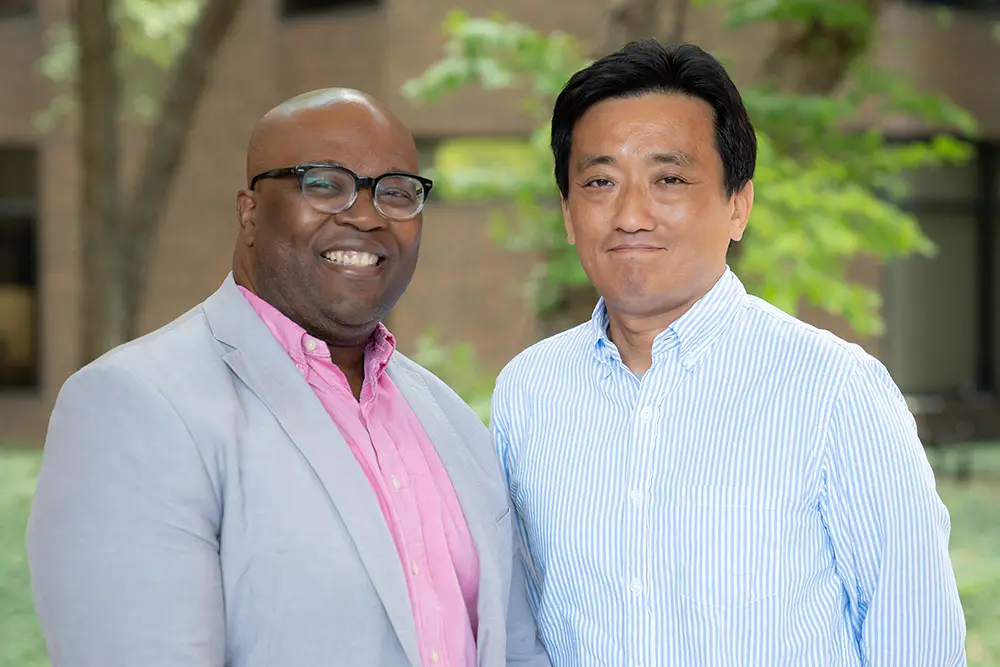The University of Iowa is launching a new initiative to increase the pool of diverse mathematics faculty from underrepresented communities.
In collaboration with Des Moines Area Community College, the university will work on the project, Recruiting and Training Community College and University Students to Become Culturally Responsive and Proficient Mathematics Teachers in Iowa, led by investigators from both the institutions.
The National Science Foundation has also awarded $1,233,606 grant to the project which will develop a sustainable pathways program that will lead to long-term recruitment of new students into the UI mathematics secondary training program.
“The main purpose of this project is to provide scholarships to both undergraduate and graduate students who would not consider teaching if this [scholarship] wasn’t available to them,” leading principal investigator Danny Hong said.
Investigators will work on creating new strategies to encourage underrepresented students in Iowa to take up the mathematics courses.
Under the project, the university will provide $13,000 Robert Noyce Teacher scholarships to 25 students studying mathematics over the five-year period of the grant. The scholarship is awarded to exceptional science, technology, engineering, and now mathematics students who plan on teaching in a high-need school district after graduation.
“For the next five years we are hoping to give scholarships to 25 students so that they can consider teaching as their future profession,” Hong said.
Selected students will improve their pedagogy skills, culturally responsive teaching abilities, and mathematics content knowledge.
A recent report attributed lack of diversity among faculty members in public schools to unequal student loan debt burden. Between 2008 and 2012, black students who were trained to teach experienced a higher median federal student loan debt in comparison to other racial groups, while simultaneously earning less in comparison to their white counterparts.
Growth of Faculty Diversity Happening Slowly in U.S. Colleges

